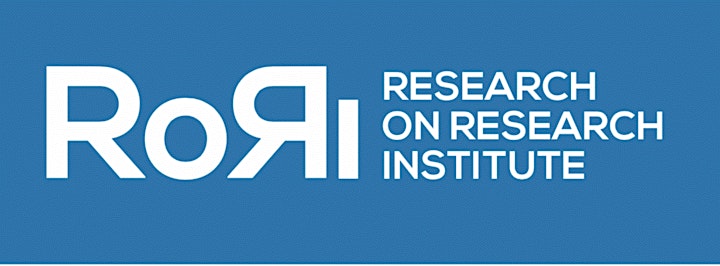Research Seminar: Back to better? post-pandemic challenges for research cultures, policies and prioritisation.
Research Seminar: Back to better? post-pandemic challenges for research cultures, policies and prioritisation.

Professor James Wilsdon

** Please note that you will be sent a web address for this seminar on June 29th**
Among the myriad disruptions and uncertainties of the Covid-19 pandemic, now rippling across all aspects of our social and institutional lives, within research systems, the crisis has triggered some rapid innovations in funding, peer review, dissemination and communication.
What evidence and insights can we draw from these responses to help in strengthening research systems and cultures over the longer term? Can we identify wider lessons for processes of research prioritisation; for the use of rapid or flexible funding mechanisms (e.g. https://fastgrants.org/ & the Covid-19 Therapeutics Accelerator); for wider process innovations (e.g. in collaboration, review and open research); and for longer-term changes to research practices (e.g. more digital modes of working, fewer conferences, more crowdsourcing).
There are also risks and uncertainties that require evidence-gathering and analysis: that the economic shock will prompt cuts in research investment; that the crisis will exacerbate existing inequalities within research cultures, or create new ones; that responses will distort funding priorities or create new imbalances; and that the rush to publish work relating to Covid-19 is exacerbating problems in some areas of poor study design and irreproducibility.
Covid-19 raises questions about how policymakers, funders, publishers and research institutions can respond with urgency and agility in a crisis, while preserving commitments to quality, fairness, rigour and accountability. Drawing on emerging analysis from the Research on Research Institute, and wider community of research policymaking and meta-research, James Wilsdon will explore whether and how research systems can bounce back to something better, as the crisis slowly subsides.
James Wilsdon is Digital Science Professor of Research Policy in the Information School at the University of Sheffield, and Director of the Research on Research Institute (RoRI) http://researchonresearch.org/.
Comments